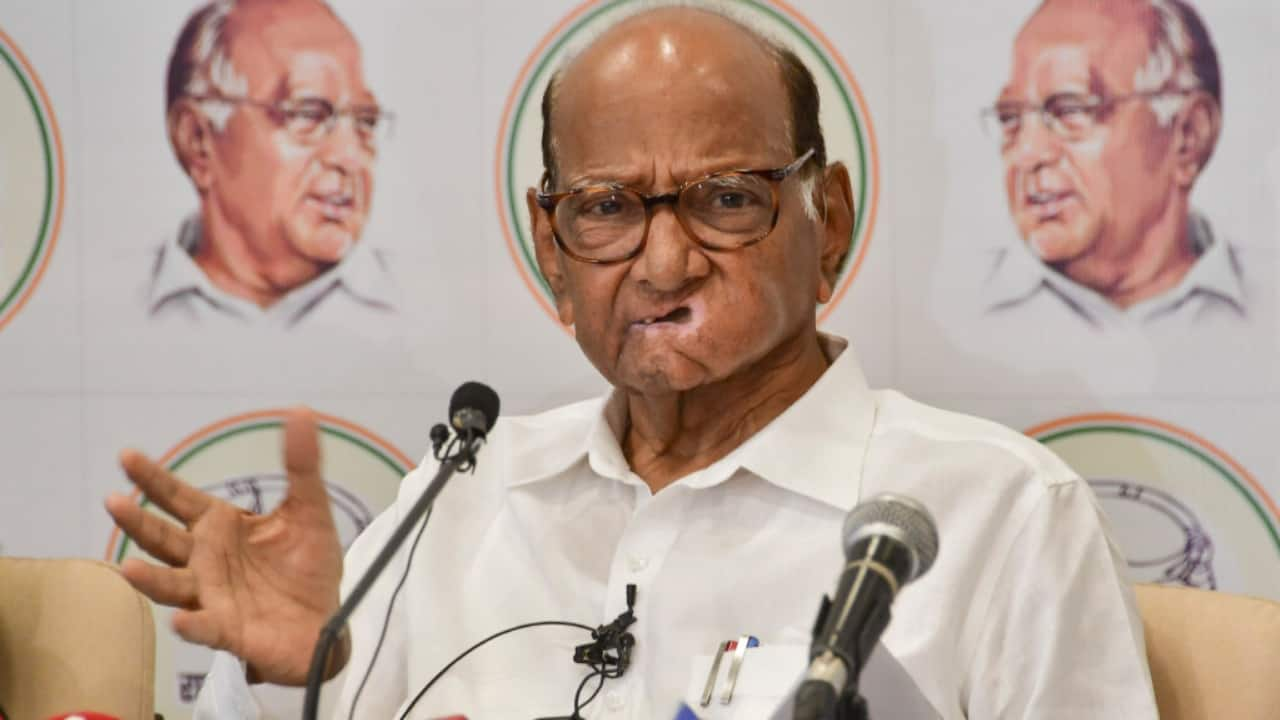 |
|
The upcoming Maharashtra elections are shaping up to be a dramatic family affair, with a significant rift within the Pawar family taking center stage. Sharad Pawar, the veteran leader and president of the Nationalist Congress Party (Sharad Pawar faction), has openly expressed his skepticism regarding his nephew Ajit Pawar's recent decision to join forces with the Bharatiya Janata Party (BJP). This alliance, a significant shift from Ajit Pawar's previous staunch opposition to the BJP, is expected to have far-reaching consequences, particularly in their traditional stronghold of Baramati. Sharad Pawar's assertion that the people of Baramati, known for their consistent rejection of the BJP, will not readily accept this political realignment underscores the deep-seated ideological differences that are now playing out in the public arena. The upcoming election in Baramati, a constituency that has been a bastion of the undivided NCP for decades, will serve as a critical test of this prediction. The contest between Ajit Pawar and Yugendra Pawar, Sharad's nephew, is not simply a political battle; it is a family feud with significant implications for the future of the NCP and the political landscape of Maharashtra.
The ideological clash extends beyond the family feud to encompass broader policy disagreements. Sharad Pawar has highlighted the MVA's (Maha Vikas Aghadi) commitment to addressing the issue of reservation for various communities, including Muslims and Marathas. This commitment underscores a key point of divergence between the MVA and the BJP-led Mahayuti alliance. While Sharad Pawar emphasizes the need for inclusive policies that extend beyond mere reservation to encompass improvements in education and access to resources, the BJP's approach remains unclear and potentially less comprehensive. This difference in approach reflects fundamental ideological distinctions between the two coalitions, and the debate over reservation will undoubtedly play a significant role in shaping the electorate's choices in the coming elections.
Beyond the specific policies, the election campaign itself has been marked by sharp criticism from Sharad Pawar directed at Prime Minister Narendra Modi and the BJP's campaign strategies. Sharad Pawar's critique focuses on what he perceives as unfulfilled promises, particularly regarding the long-delayed construction of a Shivaji statue. He accuses the Prime Minister of making grand pronouncements without considering the feasibility or resources required to implement them. Furthermore, Sharad Pawar has strongly condemned the use of divisive language, particularly the ‘Batenge to Katenge’ remark used by BJP leaders, as an attempt to polarize the electorate and distract from the BJP's actual achievements or lack thereof. This critique reveals a deeper concern about the current political climate and the implications of divisive rhetoric for the future of Maharashtra. The contrast between Sharad Pawar's emphasis on inclusive policies and the BJP's arguably more divisive approach creates a stark choice for voters.
The upcoming elections hold considerable significance for the future of Maharashtra's political landscape. The outcome will not only determine the next state government but will also serve as a crucial indicator of the public’s response to the recent realignments and ideological clashes within the state's political sphere. The family feud within the Pawar family, the competing visions for reservation policies, and the sharply contrasting campaign styles further complicate the election's dynamics. The focus on the Baramati constituency is particularly crucial, as it is a litmus test for the acceptability of Ajit Pawar's alliance with the BJP among voters who have traditionally supported the NCP. Regardless of the outcome, the Maharashtra elections promise to be a defining moment in the state's political history, with long-term implications for its social and economic trajectory. The election will also shed light on the effectiveness of the BJP’s strategies in a state previously dominated by other parties and alliances.
Source: People of Baramati won't like Ajit Pawar's decision to align with BJP: Sharad Pawar
